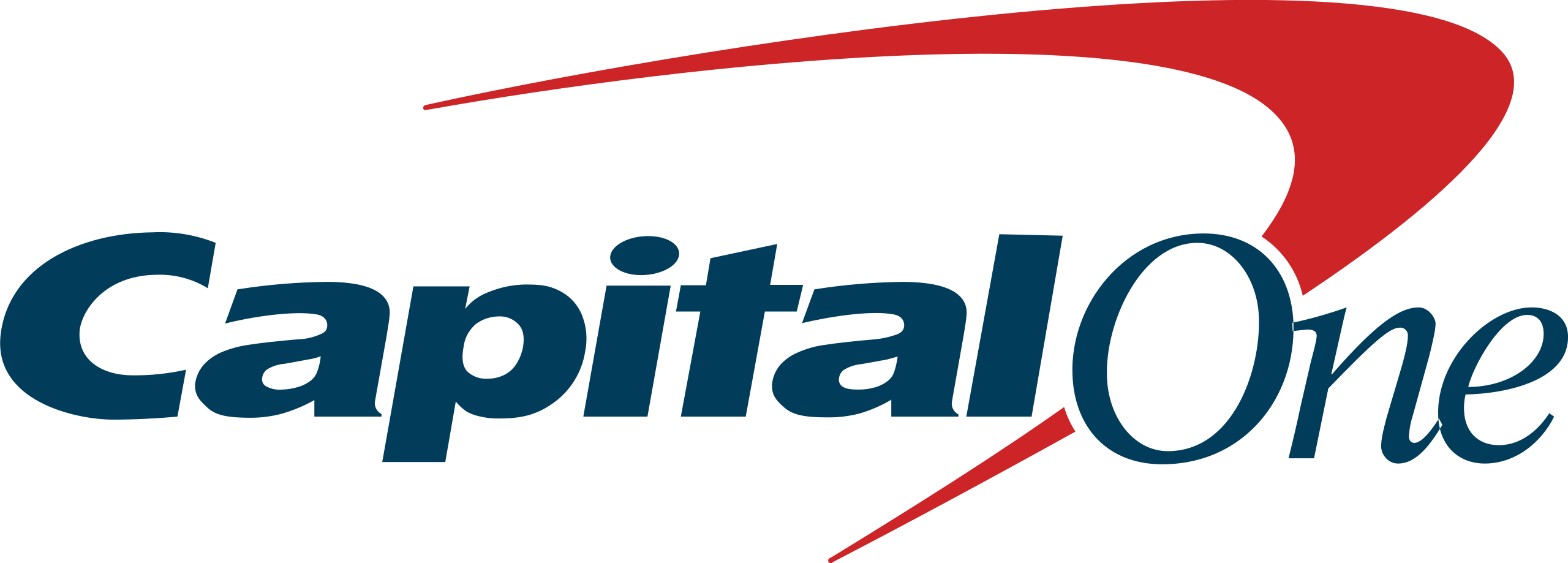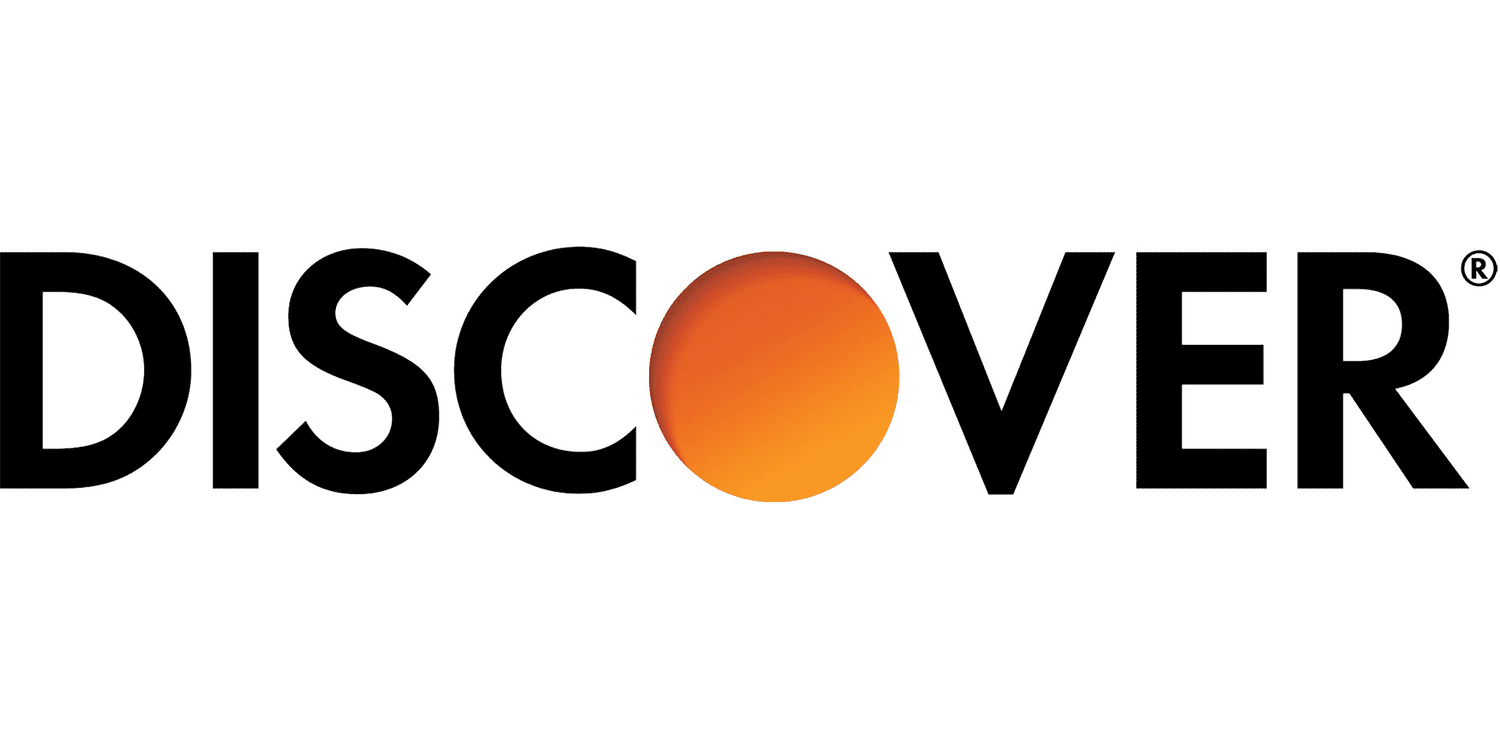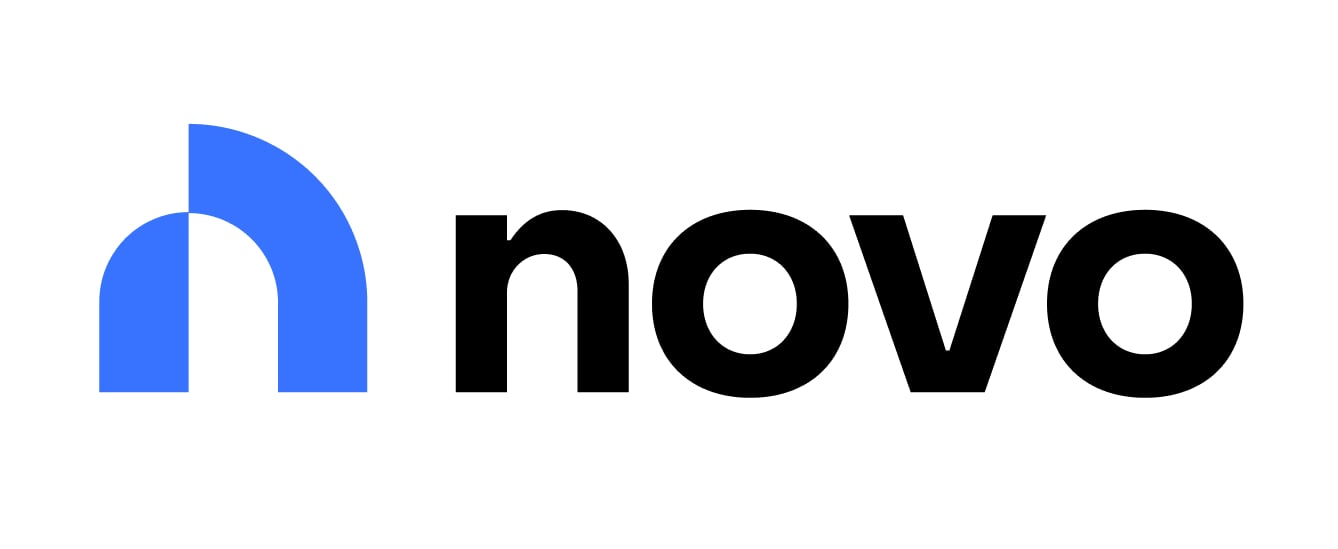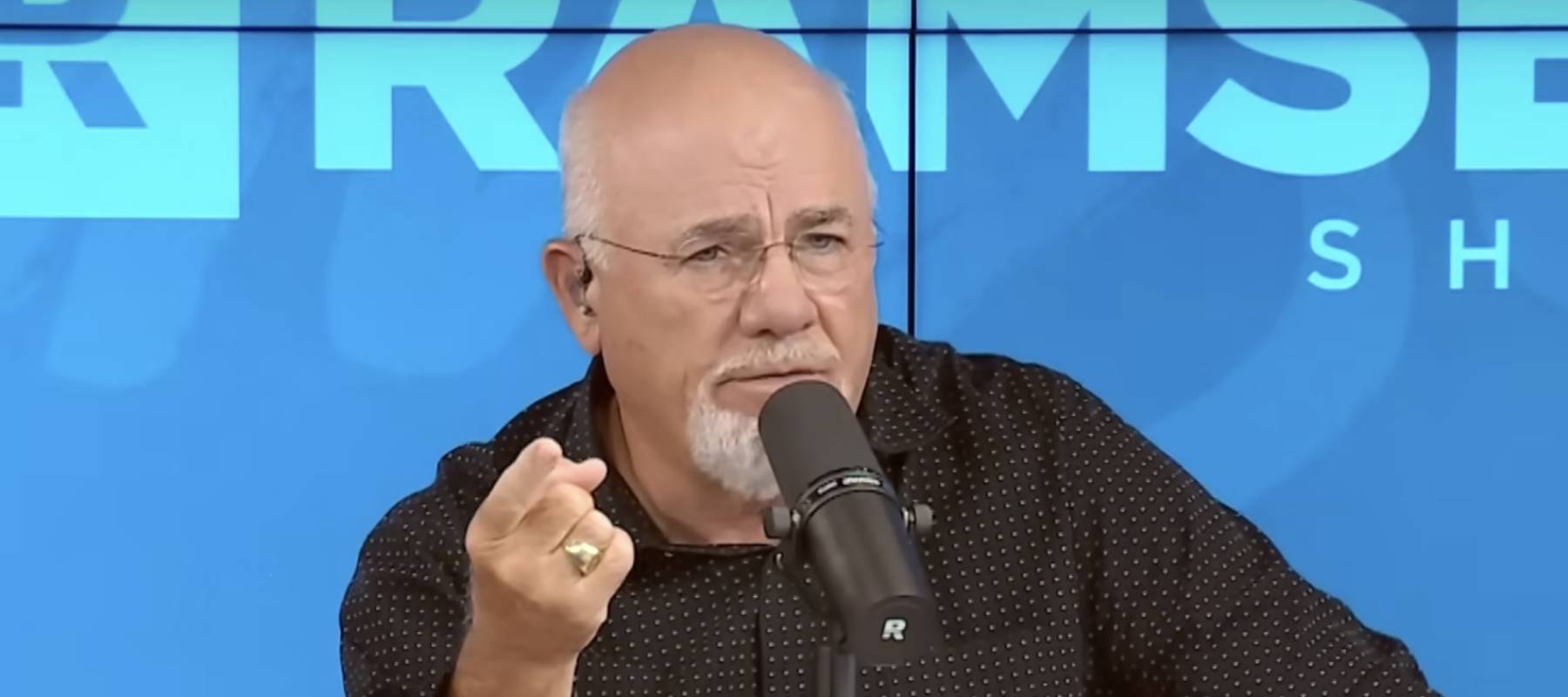
8 best mobile banking apps
Thapana_Studio / Shutterstock
Updated: January 05, 2024
We adhere to strict standards of editorial integrity to help you make decisions with confidence. Please be aware that some (or all) products and services linked in this article are from our sponsors.
We adhere to strict standards of editorial integrity to help you make decisions with confidence. Please be aware that some (or all) products and services linked in this article are from our sponsors.
In our technologically advanced world, is there even a need to have a traditional bank? It's easier than ever to bank through your smartphone. With mobile banking, banks are returning savings to their customers by providing more features. But how do you find the best mobile banking app for you? Take a look at some of what we think are the best apps and their key features.
1. Chime
- Early payday: Have your paychecks direct-deposited into your Chime Spending Account and have access to the funds up to two days early. Early access to direct deposit funds depends on payer.
- Pay friends: Chime's easy-to-use money transfer system can help you send money instantly to friends, much like through platforms such as Venmo.
- Mobile records: The mobile platform shows you your account balances and daily transactions. And it sends you balance notifications and instant transaction alerts every time you use your debit card.
- Automatic savings: At your request, Chime rounds up debit purchases and transfers the difference to your savings account.
One of the most talked-about mobile financial apps is Chime. This app was developed to make banking easy and to keep all of your financial accounts in one place.
Chime offers a Checking Account that comes with a Visa debit card. It's similar to a checking account at a traditional bank but doesn't offer paper checks. Chime® is entirely online, including for paying your bills and spending. The best part is that there are no monthly fees and no maintenance fees. Period.
The account is connected to a Chime Savings Account. You can opt-in for round-ups: Every time you use your debit card, your purchase is rounded up to the next dollar. And then the extra few cents are transferred straight into your account to help you grow your funds, little by little.^
The bank also launched a secured credit card to help its users build credit.* There is no credit check or minimum security deposit. The card is secured by your own money in your Chime accounts. By using this card, which is reported to the credit bureaus, you can increase your credit score and improve your credit. There is no annual fee or interest charged on this account.
Pros
- Free ATMs: Chime is partnered with MoneyPass and Visa Plus Alliance so you have more than 60,000 ATMs across the U.S. to withdraw funds — free.
- No credit check: You don't need a credit check to open a Chime Spending Account or to receive a secured credit card.
- No fees: You won't pay a single account maintenance fee, foreign transaction fee, or even overdraft charges (up to $200). And you don't even need a minimum balance.
Cons
- Limited withdrawals: The only way to get your cash is through an ATM or at a bank with your Chime Visa® Credit Card. And there is a maximum withdrawal limit of $515 per day. You will also be charged $2.50 if you visit a bank for a withdrawal. You can request cashback when you use your debit card at retailers who offer it as an option, but those are typically limited.
- Limited cash deposits: The only way to deposit cash is to visit a retail location. There's a long list of retailers where you can deposit cash, however, you may be charged a fee unless you deposit at Walgreens.
Chime Disclosure - Chime is a financial technology company, not a bank. Banking services provided by The Bancorp Bank, N.A. or Stride Bank, N.A.; Members FDIC.
1Save When I Get Paid automatically transfers 10% of your direct deposits of $500 or more from your Checking Account into your savings account.
^Round Ups automatically round up debit card purchases to the nearest dollar and transfer the round up from your Chime Checking Account to your savings account. Chime ATM Disclosure - Get fee-free transactions at any Moneypass ATM in a 7-Eleven location and at any Allpoint or Visa Plus Alliance ATM. Otherwise, out-of-network ATM withdrawal fees may apply.
* Chime is a financial technology company, not a bank. Banking services provided by The Bancorp Bank, N.A. or Stride Bank, N.A., Members FDIC. The Chime Credit Builder Visa® Card is issued by Stride Bank, N.A., Member FDIC, pursuant to a license from Visa U.S.A. Inc. and may be used everywhere Visa credit cards are accepted.
2. CIT Bank
- Mostly free. CIT's checking is “mostly fee-free.” There are no monthly fees and use of its ATMs is free. Even if you use an out-of-network ATM, fees are reimbursed up to $30 per statement cycle.
- 24/7 access. Online and mobile banking means 24/7 account access. And you can deposit checks and make unlimited withdrawals using the mobile app.
- Money market account. You can build up your savings with a CIT Bank money market account. This account has an 1.55% APY with a minimum opening balance of $100. See details here.
- CDs. CIT offers various CDs for enhanced savings options, including term, jumbo, RampUp, and no-penalty 11-month CDs.
CIT has been around for more than 100 years. Its banking is available for both personal use and business. It offers eChecking, savings, and money market accounts as well as certificates of deposit (CDs).
Online and mobile banking is available with its eChecking account. You earn interest on your balance, although the exact APY you earn depends on how much you have in your account. You can open an account with as little as $100.
Its savings account,which also requires a minimum $100 opening deposit,has three tiers for savings, providing a higher interest rate for higher balances.
Pros
- Interest earning: Both checking and savings accounts earn interest, as high as 4.60% for savings. See details here.
- Multiple savings options: Choose from a savings account, money market account, or CDs.
Cons
- No paper checks: This is a mobile bank and you'll be able to use your funds only through Zelle, Bill Pay, Samsung Pay, and Apple Pay.
- Minimum opening deposit: Each account requires a minimum opening deposit of $100.
CIT Bank. Member FDIC.
3. Ally Bank
- Interest checking account. With no minimum deposit, you can open a checking account that gives you 0.10% APY (as of April 2023) on balances under $15,000 and 0.25% APY on balances above that amount.
- Buckets. You can organize your savings into “buckets,” which is Ally's way of providing the envelope method of budgeting. You can create up to 10 different buckets within your savings account.
- Savings boosters. Use your debit card associated with your checking account, and Ally will automatically round up spending to the nearest dollar and transfer the difference to your savings account. You can also set up recurring transfers and utilize the Surprise Savings option, which gives Ally a chance to see where you have extra money in your checking account to automatically move it into your savings account to help speed up your savings goals.
From its start as an automobile company in 1919 to its rebranding in 2009, Ally has grown into a full-fledged competitor of traditional banks.Ally Bank offers checking and savings accounts, investment and retirement accounts, mortgages, and personal and auto loans — everything you need from a bank.And it's all online with 24/7 service.
Although it's online, Ally is powered “by humans, for humans.” You can make deposits, set up direct deposits, pay bills or people, get cash, move money and control your debit card all from your computer or mobile app.
When you want more than banking services, Ally offers managed portfolios and self-directed trading for stocks, exchange-traded funds (ETFs), options, bonds, and mutual funds.
Pros
- No fees: There are no monthly maintenance fees and no minimum opening deposit.
- Free ATMs: Ally partners with Allpoint ATMs for no-fee usage at over 55,000 locations across the U.S.
- Interest earning. Ally's checking accounts earn 0.10% to 0.25% interest, as of March 31, 2023. And its savings account gives you 3.75% on all balances.
Cons
- No cash deposits: Because Ally doesn't have a brick-and-mortar bank, there is no way to deposit cash into your account.
- Limited transactions: If you need to transfer or withdraw funds from savings, after six transactions you'll have to pay a $10 fee.
4. Capital One

- Capital One Cafes. A banking lounge where you can sit and enjoy free Wi-Fi, charge your devices, and enjoy coffee and snacks.
- Overdraft protection. Capital One offers three options for overdrafts:Auto-Decline, by which the withdrawal is declined so you don't suffer an overdraftNo-Fee Overdraft, by which you select certain types of withdrawals such as recurring bill payments to be allowed to go into overdraftFree Savings Transfer, by which funds are moved from your savings account to cover the overdraft.
- Auto-decline, by which the withdrawal is declined so you don't suffer an overdraft
- No-fee overdraft, by which you select certain types of withdrawals such as recurring bill payments to be allowed to go into overdraft
- Free savings transfer, by which funds are moved from your savings account to cover the overdraft.
- High-yield savings. A 360 Savings account earns 3.40% APY (as of March 31, 2023) on any balance.
Capital One may be best known for its credit cards but it also offers online banking. Instead of going into a stuffy and boring traditional bank, you can visit a Capital One Cafe for in-person banking, with free Wi-Fi and space to relax. And you can purchase coffee and snacks at the cafe.Banking with Capital One is done through its 360 Checking and a 360 Savings accounts.There are no fees to open or use the accounts. It touts its banking as 24/7, although bank branches operate during normal business hours should you need to cash checks or make deposits.
Pros
- Interest in checking: You earn interest on the funds in your checking account with an APY of 0.10% on any balance.
- No fees: There are no monthly maintenance fees and no minimum balances.
- Free ATMs: ATM usage through its network of 70,000 ATMs in the U.S. is entirely free.
Cons
- Limited in-person locations: The new Capital One Cafes are not yet available everywhere around the country. There are hundreds of bank branches, but these are heavily based along East Coast states and in Texas and Louisiana.
- Low rates: The APY at Capital One isn't as high as at other banks on this list.
5. Discover Bank
- Cash back. The aforementioned cash back is a big feature of many of Discover's best credit cards. With rewards cards, student cards, secured cards, and more, there are options for borrowers of many backgrounds and credit levels.
- Customer service. Discover is known for providing above-average customer service with 24/7 availability.
- High-yield savings. A Discover savings account earns 3.90% APY on any balance.
Discover may have a history in credit cards, but like Capital One, it is taking its financial services in new directions with online banking accounts. You'll find checking, savings, and money market accounts along with CDs and retirement accounts.Discover's credit cards are famous for offering cashback, but this bank also has competitive deposit accounts.
Pros
- No fees: There are no monthly maintenance fees and no overdraft fees and no minimum balances.
- Large ATM network: Discover offers a network of more than 60,000 ATMs available — also with no fees.
Cons
- Lower acceptance: Discover credit cards are not accepted as widely as other credit cards internationally and may not be favored by merchants due to higher processing fees.
6. Novo
- Business perks. Novo helps your business with discounts, including 50% off your first six months using Constant Contact Plus, up to $5,000 waived in Stripe processing fees, and three months of Gusto free.
- Business tools. Novo provides unlimited invoices and can accept payments directly into your account.
For those with a small business looking for online banking options, Novo provides a safe place for entrepreneurs, freelancers, and small businesses, with no hidden fees.The business checking account through Novo is free and you can apply for an account in less than 10 minutes.Novo integrates with business tools QuickBooks, Xero, Slack, and more.
Pros
- Mail physical checks: Unlike most online banks, Novo understands businesses may need checks and will write and mail them for you at no additional fee. Instead of your getting a checkbook, the bank writes and mails checks for you.
- Almost no fees: Novo does not charge any fees for ATMs, ACH transfers, incoming wires, or maintenance fees. You will need $50 to open an account, and there is a $27 fee for insufficient funds and uncollected funds.
Cons
- No cash deposits: There are no brick-and-mortar banks through Novo so you can't deposit cash.
- No interest: You won't earn interest with your checking account.
7. Bluevine
- Bluevine payments. A bill pay service with a directory of 40,000 companies that can accept fast electronic payment.
- Sub accounts. Create up to five sub-accounts to help organize your finances and budget for expenses like taxes, payroll, and other costs.
Another online bank for businesses, Bluevine provides a no-fee checking account. But this one pays interest on your account.Founded in 2013, Bluevine offers tailored services for small business owners. This Business checking account includes a debit card, which allows you to withdraw cash from your account. The bank makes it easy to deposit cash and earn interest and even uses paper checks for payments. Available in all 50 states, the bank provides live customer support 12 hours per day.
Pros
- Almost no fees: There are no fees for incoming wires, ATMs, monthly maintenance, or overdrafts. And it charges only $15 for outgoing wire transfers.
- Interest earning: Business checking accounts can earn 2.00% interest on balances of up to $250,000.
- No minimum deposit: There is no minimum to open this business account.
- Advanced funding: Apply for a credit line and request advances on outstanding invoices.
Cons
- No savings: Bluevine provides only checking and borrowing options.
- Fees for deposits: If you need to deposit cash, you can do so using Green Dot through 90,000 retail locations, but it will cost you $4.95 each time you do.
8. Juno
-1692385794.png)
- Bonus rate on eligible balances. Earn up to 5% on funds up to $10,000 and 3% afterward.
- 5% cash back at your favorite merchants. Choose any five supported brands to earn 5% cash back up to account limits. Popular options include Netflix, Target, Walmart, Best Buy, Home Depot, Trader Joe's, CVS and Starbucks.
Juno offers a low-fee checking account with up to 5% APY bonus rate, cash back, and no foreign transaction fees. With offices in Singapore, India, and San Francisco, Juno could be the perfect bank for those who travel a lot or have family overseas.
While Juno just offers a checking account, the bonus rate offered makes it feel like a checking and savings account rolled into one. They offer two accounts: a basic account and Metal account. The basic account is free, but comes with less perks than the Metal account, which requires $250 in monthly direct deposits to unlock.
Pros
- 5% cash back: Earn up to 5% cash back at your favorite stores.
- Fee-free ATMs: Use 85,000 in-network ATMs free. And get ATM reimbursements when you go out-of-network.
- No foreign transaction fees: Pay no additional fee to convert from dollars into a foreign currency when traveling outside the U.S.
- No credit check: Opening an account won’t affect your credit score.
Cons
- Direct deposit required for the better account: The Metal account requires at least $250 in monthly direct deposits.
- Potential fee on remote check deposits: Basic accounts require a $2 fee per remote-capture check deposit.
- Limits on bonus rates and cash back: The Metal account offers the 5% bonus rate only up to $10,000 in annual deposits. And the 5% cash back is limited to $500 in annual purchases. But even with the Metal account, there are still balance limits for these features.
Methodology
At Moneywise, our writers conduct comprehensive research on a range of companies for our “best of” lists. For the best mobile banking apps, we considered factors such as ease of use, fees, features, customer support, and numerous other factors when selecting our top banks.
The companies in this list didn't influence their inclusion or position for our list. Additionally, there are other mobile banking apps out there that didn't make this list but could also be the right fit for you depending on your needs.
The bottom line
Online banking apps offer practically all the benefits of a traditional bank but without the fees. So it makes sense to consider these banks. Not only can you save on fees but many of them provide higher interest rates than traditional banks for savings accounts and practically unheard-of interest on checking accounts.
Whether you are looking for a personal or small-business bank account, the ease of banking coupled with the savings puts them ahead of banks doing business the old-fashioned way.

-1692384687.png)
-1692384861.png)


-1692385560.png)





